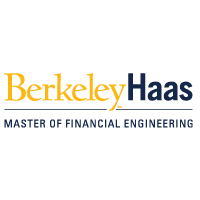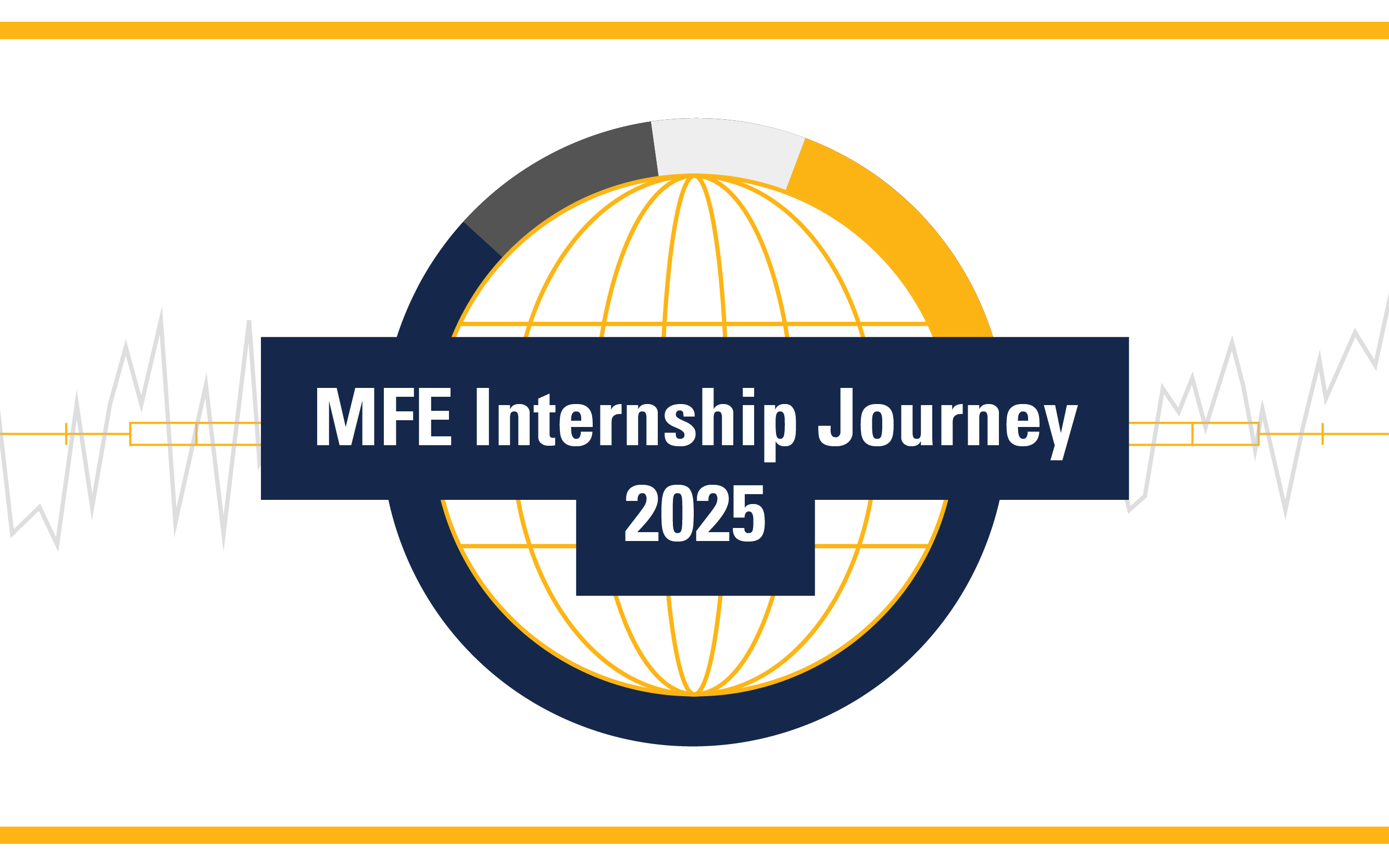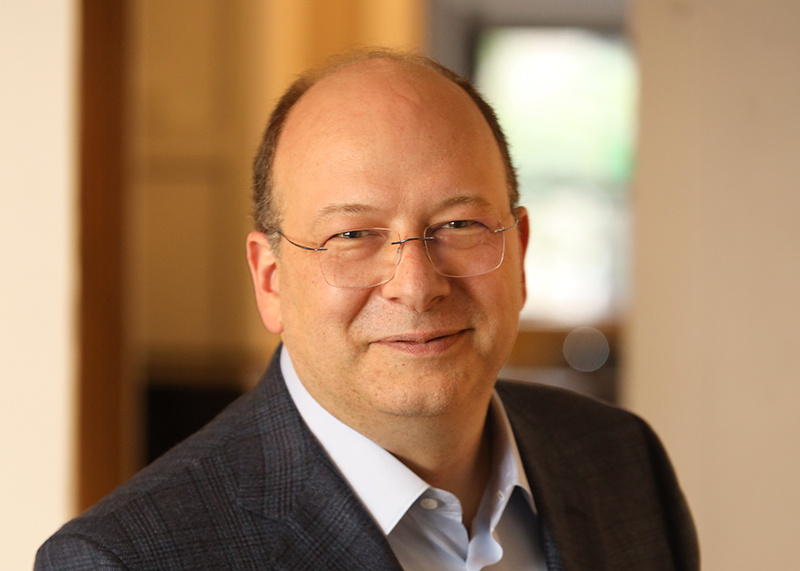Yang Guo graduated from the Berkeley Haas Master of Financial Engineering (MFE) Program in 2012, but his journey was far from linear. During his undergraduate studies, he doubled major in economics and biology. He was working as a compensation consultant when he decided to pursue an MFE.
Right now, Yang leads Product & Data at Alt, a start-up focused on building algorithms to price, transact and lend against collectibles, such as trading cards, watches, and art. While Yang is now firmly entrenched in the tech side of things, he has moved between tech and finance.
Shortly after graduating from the MFE, Yang was in New York working as a spot forex trader for Citigroup. However, he wanted to move back to the west coast and ended up working for Uber in a data science role, doing strategic pricing for Uber globally. Since then, Yang has firmly straddled the boundary of finance and tech. He returned to Citigroup for a year before moving on to work at Opendoor, where he ran the team that priced, underwrote and resold the company's housing inventory. His experience in both finance and tech has given him a unique perspective on the two industries and his work preferences.
“I think the finance versus tech thing I care less about,” Yang said. “I care more about speed, so if there is a company in finance that does things fast, I think that’s perfectly fine. But right now, I do think tech moves a lot faster than finance does, so I definitely skew towards that side.”
But finance nor tech would not have been possible without the MFE Program. Yang has found that his fundamental skill set in the two industries came from the MFE. But perhaps the greatest skills he picked up through his MFE studies were the culture of work rigor and collaboration that has contributed to Yang’s expectation of efficiency and decision-making, for both himself and others.
His time and experience in the workforce have led to seeing some interesting trends throughout his career especially in tech. When asked what the tech field will look like in the future, Yang said, “In the future, the opportunities for pure software plays are probably going to diminish, maybe except in the AR and VR space. But there are opportunities for these tech plus operations hybrid-type of business models (like Amazon, Uber, Opendoor), there's just so much stuff that hasn't been touched yet.”
But at the end of the day, grabbing hold of these opportunities means going back to his MFE roots, which Yang still thinks of fondly. Many of the friends and connections he has today were first made during his time in the MFE Program. Looking back now, with his degree completed over ten years ago, Yang had several pieces of advice to share with both current MFE students and future prospects.
“You should really ingrain yourself to the MFE culture. The MFE Program is intense enough where you are forced to grow, not only from a career standpoint, but also as a person, and that type of mindset actually carries way beyond the program,” Yang said. “For the classes, really focus on the fundamentals, focus on the why’s. And also make friends and build connections.”








